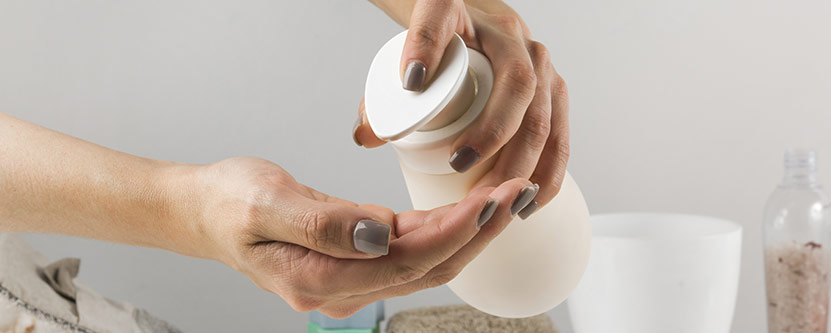We, try to teach our children about hygiene and fighting with the germs which make our kids fall sick. Cleanliness is surely next
[the_ad id=”6114″]
to godliness as taught in our schools. Hand washing with soap and water should definitely be emphasized at all ages. But are we overdoing this hygiene thing?
First, lets take a look at these germs, what do they do? Are all of these germs really villains?
Since time immemorial, humans have always had certain bacteria on the skin, in the mouth and the intestines too… Most of these “germs” are crucial to our health, helping us digest and assimilate food and keeping away the more dangerous bugs.
In our obsession to keep everything sanitized, we often get carried away. Apart from using soap and water, use of hand sanitizes have been promoted too aggressively. In the quest for hygiene, children are substituting routine hand washing by the so called quick action hand sanitizes. Even mothers are packing a bottle of sanitize along with the lunchbox. A spurt of the liquid on your hands and get 99% germ free!!
But is this quick-fix solution really safe in the long run?
Most of the hand sanitizes contain either alcohols, isopropyl alchohol or triclosan. There may be benzalkonium chloride, other perfumes, moisturizing agents etc.
These contents are not completely safe.
- Chemical contact dermatitis: These chemicals may be harsh on your child’s skin. As they are not rinsed off and are generally left behind on the skin, they may lead to contact dermatitis
- Long Term use has not been studied in children and pregnant women.
- These chemicals kill the good bacteria also. So gradually the germs develop resistance to these chemicals after prolonged use and we have a situation where the super bugs are created. i.e. the germs which are not going to get affected by these routine simpler antiseptics anymore and hence will require further stronger antibiotics to tackle them
- If your child is using a sanitize before eating, it is likely that traces of these chemicals enter the child’s body
- The young kids are prone to swallow the sweet scented/fruity smelling sanitizes leading to dangerous consequences like nausea, excess acid in the body, drowsiness and breathing difficulty
- Use of sanitizers after eating does not clear off the oily/fatty residues like soap and water does
- Alcohol containing sanitizers may be a fire hazard because alcohol is inflammable
- On entering the bloodstream, they affect the hormonal balance in the body and thyroid function. Triclosan has been implicated in contributing to liver damage with long term usage
- Triclosan is known to depress nervous system functioning
- Hygiene hypothesis: It is seen that the incidence of allergies is much higher in the sanitized developed countries vis-a-vis the developing countries. The germ free /extra clean environment means the body’s immune system is weaker and not used to fighting infections. Regular use of sanitizes in children has not shown to reduce school absenteeism. Children should have a healthy exposure to dirt as well
Just to summarize, Do not go overboard in terms of hygiene for your child. Do not replace soap and water with sanitizes. Use the sanitizes cautiously and only when really needed. Do not let the sanitizes enter your child’s classroom or playground.
Source:

